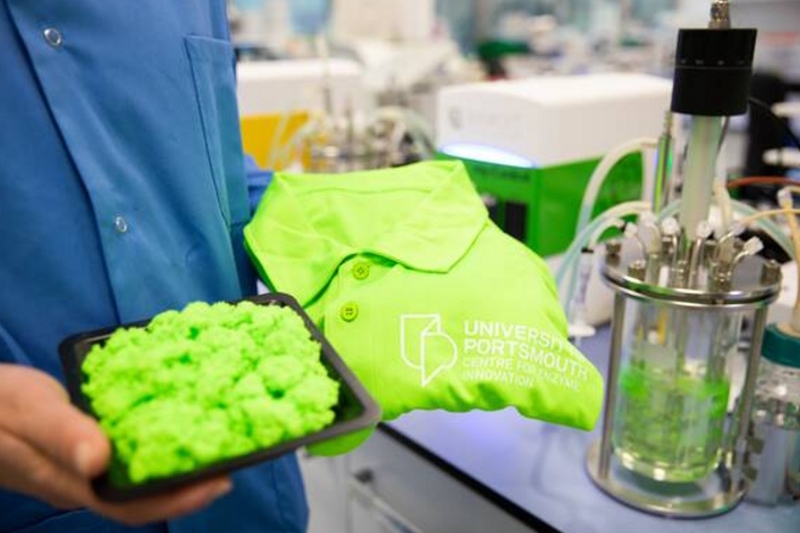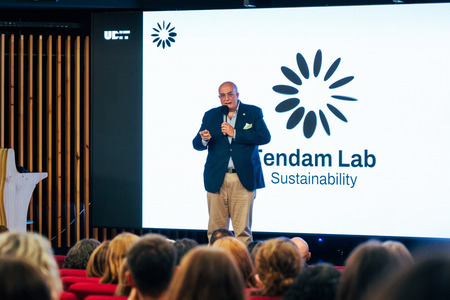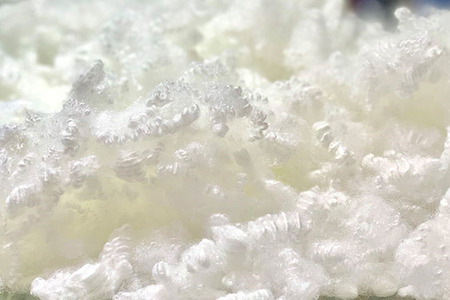
'Plastic-eating' enzymes to tackle polyester clothing waste
YarnsandFibers News Bureau 2023-02-10 07:27:53 – United KingdomPolyester, a fast fashion staple, accounts for 60% of worn clothing. Additionally, a disproportionately large amount of clothing ends up in landfills each year as a result. Polyethylene terephthalate is used to create consumer plastic, known as polyester (PET). Polyester is immensely popular and in high demand despite its unsustainable qualities.
A new study from the University of Portsmouth aims to stop the damage polyester textiles do to the environment. In order to effectively "digest" polyester materials and apparel, the university's Centre for Enzyme Innovation is working to create an enzyme.
Professor Andy Pickford, Director of the Centre for Enzyme Innovation at the University of Portsmouth said, said that they want a system that uses plastic in the same way they use glass or tin cans - infinitely recycled. The ultimate goal is to close the loop, but to do so requires both the necessary technology and the motivation.
Pickford added that through their research, they would determine whether it is feasible to use enzymes to break down PET in waste textiles into a soup of basic building blocks that may then be reconverted back into new polyesters, hence reducing the demand for virgin PET made from chemicals derived from fossil fuels. This will make it possible to have a circular economy for polyester textiles and, in the end, lessen their reliance on extracting oil and gas from the ground.
According to the university, recycling rates for apparel are among the lowest, with a large portion of it being burned or dumped in landfills. Although high-quality oil-based textiles can be made into carpets and other items, the recycling processes used today need a lot of energy. Scientists are hoping that enzymes created at the University of Portsmouth may assist them in developing a sustainable circular economy for garments made of plastic.
According to statistics from the European Parliament, the amount of clothing purchased in the EU per person has increased by 40% since 1996 as a result of rapid price drops that have made apparel less durable. Every year, Europeans utilize around 26 kilograms of textiles and throw away about 11 kilos of them. Although used clothing can be exported beyond the EU, the majority (87%) is either burnt or dumped.
Market Intelligence
Ask for free sample Report

experience
Customer Base
dedicated team
Countries Served Worldwide









